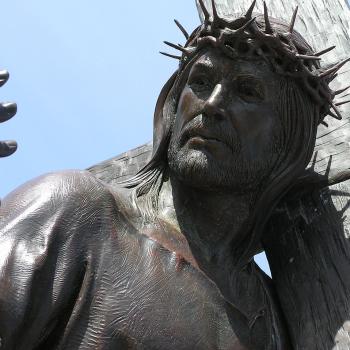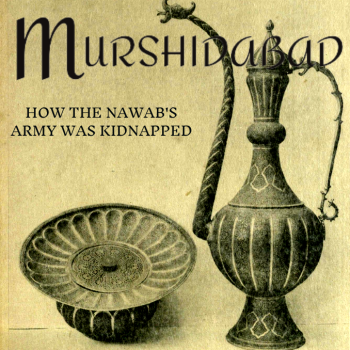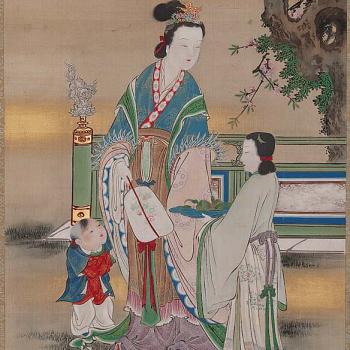In the wake of the murder of our Ambassador to Libyan and the new round of violence in the Muslim world, it would be a good time to present some thoughts on peace, politics, and spirituality for the Patheos readers.
What is peace?
There is an inner and outer peace, the peace within a person and peace between people. Inner peace is the most important, because it means a person has attained internal equilibrium. This is the fundamental basis for peace with other people.
But let's take the word "peace" out of the abstract and talk about it in concrete terms. Between people or nations, peace is an orderly, respectful understanding or acceptance of another person's way of life. It may not be the way we want to live life, but we accept another person's way, as different as it may be from ours.
Does this mean non-judgmentalism?
Of a sort, yes, but many good-minded people get confused. We all struggle trying to juxtapose our spiritual ideals with the mud of politics and world reality. Live and let live is a good philosophy, but some people aren't content to do that. For instance, Nazism and Soviet communism were horrible ideologies bent on imposing their domination of the world. If the America and the West had hidden in a cocoon of non-judgmentalism, the world would be a dire place today.
Similarly radical Islam is a virulent, life-negating ideology that wants to impose its way on both the Islamic and non-Islamic world. It plays up victimization and grievances, real or imagined, to push Islamic buttons and gain popular support.
We do have to be careful about throwing around words like good and evil, but when certain basic principles of human life are violated, for instance the systematic suppression of women in some cultures, we should speak out against that and not fall into a "that's just their way" mentality. The fact that suppression of women got tied into some religious beliefs along the way is no excuse.
Non-judgmentalism is not the same as inaction. It has to do with intention. If a person or nation acts against you harmfully, you can realize they are one with you at a fundamental level and be guided by higher intention but you must still resist their aggression based on the consciousness from which it arises.
Is nationalism the cause of the world's problems?
Pursuing national interests is a phenomenon we should separate from promoting life-negating ideologies, which are a greater threat to humanity. Nazism and radical Islam are forms of thought control and domination that would stifle all individual freedom and put power in the hands of a cabal of people at the top of the pyramid. A nation pursuing its national interests brings a different set of conflicts and problems and has to be approached in a different way.
Let's be specific. Much of the hostility in the Islamic world is blamed on American foreign policy. How do we deal with the issue of national conflicts and rich versus poor nations?
First, let's expose the victimization and historical grievances mentality for what it is, a political sham. Take the West versus the Middle East, for instance. Each side is guilty of aggressions over the ages.
Just a few centuries ago, an expansionist Islam occupied southwestern and southeastern Europe almost overrunning the entire continent. This aggression dominated European history for centuries. Today the Islamic world complains about Western aggression. It's an infinite loop, a circular con game. If you live in the past, that same past will be your present and your future.
It seems that it all boils down to the desire for power. If any of us had the ultimate answer on how to deal with that drive, we'd be among the greatest philosopher statesmen of all time. But we may have a clue. It has to do with energy.
Energy lies at the root of everything. Energy is power, both of the natural and economic kind. Dozens of nations got together to build a giant particle collider in Switzerland to explore the mysteries of the subatomic world. Why can't they cooperate to find a source of free or cheap universal energy?
We don't need to resort to statist forms of government like socialism and communism, but this is the single entitlement that one could validly argue is owed to the human community. If such energy were available to all people and nations, then let they could use that resource to create wealth and prosperity in their own unique ways. That would undercut national competition for resources in large measure.
So what's the best answer for world peace?
Everything begins with the individual and taking individual responsibility. This means not blaming others for our circumstances and not projecting our fears and shortcomings on to others. Consciousness is the only long-term solution, a raising of consciousness promoting the truth that we are one at the levels of our true spiritual origin. Demonstrating this consciousness in art, media, and entertainment is a beginning.





